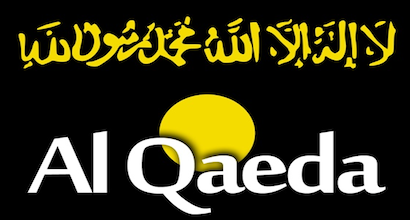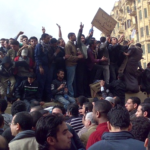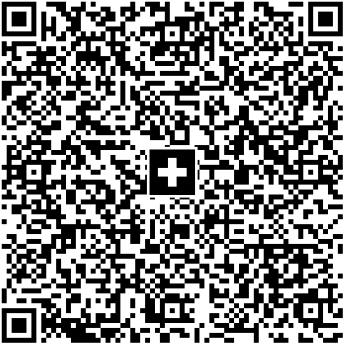Syrien: Irak noch stärker betroffen als Libanon
Many Western journalists are based in Lebanon, few in Iraq. This explains why relatively small events in Lebanon get dramatic reporting and much larger increases of violence in Iraq, are largely overlooked or elicit little concern.
Daily up to 100 Iraqi Shiites killed in Iraq
Already in response to the growing civil war in Syria, Iraqi violence has spiked and al-Qaida is resurgent there. Some days as many as 100 Iraqi Shiites are killed by al-Qaida bombings in Iraq.
Co-existence in Lebanon
The threat of spillover in Lebanon is minor compared to Iraq because the sects in Lebanon all acknowledge that none can rule the country without the others. Even the most powerful, the Shiites, readily confess that they have no chance of turning Lebanon into an Islamic republic because Lebanon has a form of democracy and the majority is against it. Not only do all the sects buy into the notion of power-sharing, they also know that in Lebanon it is impossible for one group to dominate on the others. They learned these simple truths from decades of barbaric fighting.
In Iraq Maliki is building a Shiite dictatorship
In Iraq, the sects have found no peace and little acceptance of the balance of power now being hammered out. Prime Minister Maliki is busy building a Shiite dictatorship and pushing out the remaining centers of Sunni power left behind by the Americans in their doomed attempt to promote power-sharing.
Al-Qaida is rebuilding in Iraq
Al-Qaida is rebuilding in Iraq to contest Shiite power. It probably has the backing of a larger segment of the Sunni community that still chafes from its loss of fortune following the US destruction of Saddam Hussein’s regime. Unlike Lebanon, the various sects of Iraq have not found a modus-vivendi. Relations between Kurds and Arabs in Iraq are becoming more vexed as Kurdistan takes ever more steps to assert its independence from Arab Iraq.
The Sunni-led attempt to depose Assad’s regime is sure to give a big boost to Al-Qaida in Iraq as arms and men flow across the border and find a refuge in Syria. Saudi, Turkish and Qatari support for Syria’s Sunnis is also likely to turbo-charge passions in Iraq, as Sunnis feel empowered to push back against Iranian influence and the Shiite hold on power.
These are the reasons why Iraq is seeing much more spillover from Syria than Lebanon. Of course, there will be pushing and shoving between the sects in Lebanon, especially as the Sunnis grow in confidence and feel that they can tip the scales on the Shiite assertiveness of the last several years. But they have few delusions of being able to rule Lebanon on their own.
Themenbezogene Interessenbindung der Autorin/des Autors
Joshua Landis ist Professor für Internationale Beziehungen und Direktor des «Center for Middle East Studies» an der University Oklahoma, USA. Landis spricht fliessend Arabisch, Französisch und Englisch. Seine Familie lebte zuerst in Saudiarabien und im Libanon.










